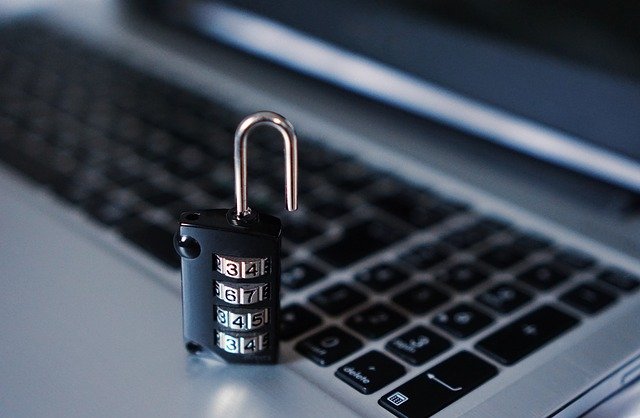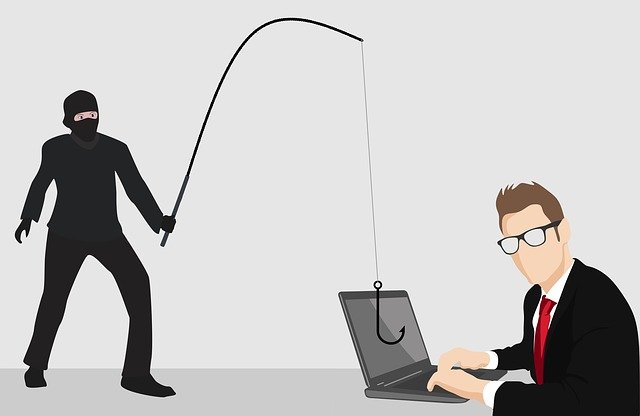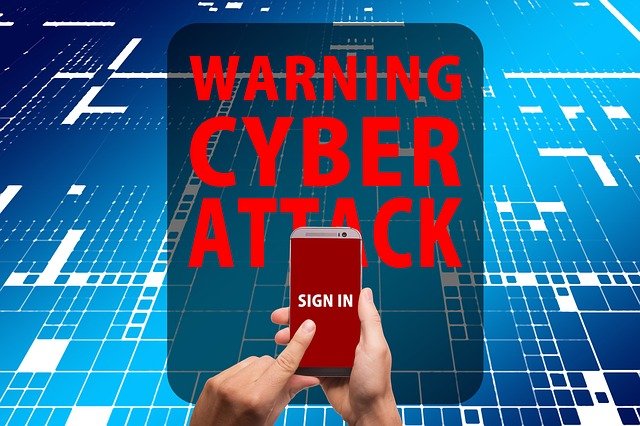From the Facebook data incident to the Russian supposed intrusion into countries’ politics, and many more episodes, 2020 was a hot year for cybersecurity. However, these cyberattacks do not slow down, and 2021 already promises to be another crucial year.

You cannot stop attackers from attempting to infiltrate your network; you most definitely can nullify or at least minimize their damage by adopting more proactive measures for guarding your IT infrastructure rather than a reactive one. This article will highlight some of these measures.
1. You are a Target
The first thing you must bear in mind about cybersecurity is that you are a target. You might be tempted to think Ok, it’s not my business if companies steal my data, because it should be your business, or rather, it can ruin your business.
2. Use Stronger Passwords and 2-Factor Authentication
Try to make your passwords longer than eight characters, mix up capital and small letters with symbols and numbers, and do not use any dictionary word in your passwords. Always opt for 2-factor authentication if available as with this, you must log into your account or profile with not just a password, but a combination of two authentication methods, for example, PIN and OTP.

3. Guard Your Passwords
Many websites and applications have measures of protecting your passwords such as minimum password complexity and so forth, but you must take responsibility for guarding such crucial information.
Do not write out your password anywhere – use a password manager, identify phishing scams (more on the next point), do not reuse passwords for different platforms, etc. are some measures to take to protect your passwords.
4. Be Wary of Phishing Scams
Phishing refers to a cyber attack where an attacker, disguised as a service of interest, baits you into taking an action that compromises your information. These are some of the most common cyber attacks on the internet. Before clicking any link, particularly in your email, confirm that it is from a genuine source.
Do this because attackers would disguise as a legitimate website and most likely lure people into entering sensitive information (logins or credit card details, for example).

5. Encrypt Your Storage Media
Access to your external or internal drives can translate to compromising your data. It is essential to back up your information frequently in the event of data loss. However, these backup media must be encrypted to avoid them being compromised.
Interesting Read- Worried about Cyber Security-Build your Incident Response Plan
6. Do not Abuse Social Media
This biggest cybersecurity gist last year was the Facebook data incident, and the most discussed topics were on data protection. It is public knowledge that social media platforms could harvest their users’ data. Do not give away too much information on these platforms. All the major networks have privacy options that you must explore.
7. Uninstall Unused Applications
Apart from the fact that unused apps take up storage, remember that they also have access to your data. This is not limited to unused apps; some apps you use might be stealing your information, so you must be cautious of them all in 2019. The goal is to reduce the number of organizations that can retrieve your data.
8. Install an Antivirus/Antimalware
Using a good antivirus or antimalware is most likely the most obvious cybersecurity measure, but it is also the most overlooked one. They protect your browsing, media transfer, and so forth.
This entire article advises ways of protecting your data online. After doing all you can, it is left to you to choose a robust antivirus to do the rest of the protection for you.
9. Always update your software
If manufacturers or developers learn about any possible vulnerabilities, they quickly write a patch or fix to eliminate the vulnerability. These are delivered to you in the form of software updates, so always ensure that you update your software.

10. Adopt airtight security policies
Cybersecurity experts must adopt and maintain systems that ensure that their organization’s information, as well as that of their staff, are kept out of the reach of intruders. Some of these policies include the following:
- No crucial company operation should be handled by a single staff
- Assign employees the least privileges they need to perform their duties
- Outline the acceptable usage of resources and consequences of misuse
- Privacy policies
… and many more.
11. Involve Everyone
Cybersecurity experts must create awareness about privacy and constantly alert them on attack vectors as well as ways of avoiding and mitigating them. A useful measure is to paste warning around your premises to remind them of safety.
12. Beware of ICO Scams
These cyber-attacks generally involve a fake ICO which promises people incredible benefits by investing in the offering only to disappear with all their money. Research religiously before investing in any venture.
13. Physical cybersecurity
Your digital security can be compromised not only digitally, but also physically. In 2019, shred or burn documents containing sensitive information because of dumpster divers, who ransack dumps in search of them. Also, mind where you connect your device to as well as who connects to your devices (WiFi, USB disks, etc.), and so on. All those are avenues for access by criminals.
14. Back it up, guard it up!
Always back up your data in the event of data loss.
15. Refresh your Securities
Lastly, after adopting these measures, it is vital that you review all your security policies and rules to discover any that is outdated, failing, or prone to attacks, for you to beef them up.
Conclusion
This is not an exhaustive list of preventing measures to take, according to cybersecurity experts. However, they are the basic things you can do to avoid them. Just note that these guys are after your money, your data or both, so be careful while using networks and stay safe. If you want to know more about cybersecurity measures, talk to our cybersecurity experts at +1-888-994-7447.




Well written and no doubt the best content of its own type. We also have such type of content at our site. You guys can also check it.
This is a topic that’s close to my heart… Thank you! Exactly where are your contact details though?
If we don’t follow the best security practices, cruising the internet can be a nightmare as sharks in the guise of Scammers are looking around. Must-read post for those looking for protection in a digitally connected world. Thanks for sharing 🙂